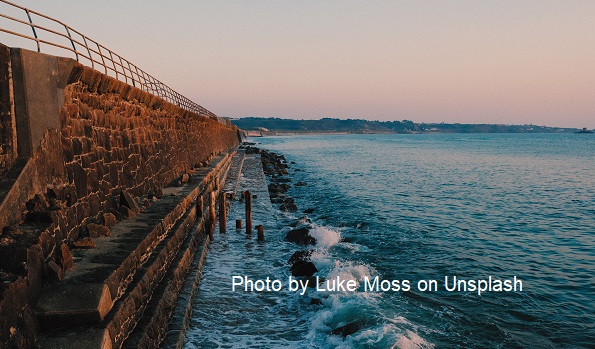An uptick in Channel crossings illustrates that people are increasingly forced to reach the UK via small boats due to a lack of safe and legal avenues to protection. Two people have died making the journey in the past week, while another is missing. UK border officials are reportedly refusing to implement boat turnbacks for fear they will lead to more deaths at sea. Two activists are continuing a hunger strike in Calais to protest the repeated destruction and eviction of migrant camps.
2,669 people reached the UK via sea in October 2021, despite seasonal low temperatures. A record high of 853 migrants arrived on one day in November, surpassing previous records for daily arrivals. Media branding the 20,200 arrivals so far this year a “massive increase” however tend to compare to figures from 2020, when a arrivals were at a near-all-time low due to the coronavirus pandemic stalling international journeys. The number of sea arrivals is not high in comparison to other European states where: 34,000 people arrived on Italy’s shores in 2020, and 40,000 arrived in Spain, while only 8,500 arrived without authorisation by sea in Britain in 2020. Nor is the UK a comparatively popular destination for asylum claims, with only 29,450 applications last year, while Germany and France received 102,500 and 81,800 respectively. The increase in small boat arrivals however is a result of restrictive policies aimed at preventing the arrival of asylum seekers via regular means. “Limited access to, or inadequate safe and legal avenues, are contributing to more people taking alternative means, including crossing the Channel in small boats,” said the UN Migration Agency (IOM) spokesperson. The thinktank Migration Policy Group (MPG) and NGOs have recommended the UK establish resettlement schemes, humanitarian visas and work permit schemes in order to reduce human smuggling and trafficking as well as tragedies at sea.
The perilous nature of the Channel route has again been demonstrated by two recent deaths of people on the move at sea, adding to three lives lost at the end of October. On 3 November, French authorities pulled a person from the water unconscious when they responded to a boat that sank as a result of overcrowding. The man was later pronounced dead, while another person was declared missing. The following day, a dead body was found on a beach near Calais. Two other people, found to be suffering from hypothermia, were taken to hospital. In another tragic incident, a group of Eritreans were hit by a train in Calais, killing one person and seriously injuring three others. French police rescued or intercepted 1,470 people at sea during the first four days of November alone. On November 8 and 9, 210 people were rescued in distress and returned to Calais, Dunkirk or Boulogne.
Officials from the UK’s Border Force are reportedly refusing to carry out “turnbacks” of small boats, despite the government’s insistence on establishing a “maritime deterrent”, for fear they will lead to more deaths at sea. Further, inside sources said pushbacks would never happen in practice due to various safety and legal restrictions: a boat could not be turned back in bad weather, if it was too small, if sea conditions were rough, if it was overcrowded, or if the people onboard did not have lifejackets. The Immigration Services Union (ISU) has also spoken out publicly against the proposal. Beyond the safety issues, ISU spokesperson Lucy Moreton has pointed out that such practices would require the cooperation of the French to receive vessels: “and they’ve been clear . . . they won’t co-operate with this policy as they don’t see this as legal.”
Three French activists in Calais have been on hunger strike since 11 October over the “inhuman and degrading treatment” of migrants. The strike – which demands a moratorium on evictions and confiscation of tents and belongings over the winter – comes as society groups continue to decry evictions and police harassment of people on the move in the area. Since the beginning of the year, the NGO group Human Rights Observers have witnessed the seizure or destruction of at least 5,855 tents and tarpaulins by French authorities. The group says 72 per cent of people who go to seek their confiscated belongings are unable to find them again. After 25 days without food, the Jesuit priest Philippe Demeestère chose to end his strike on 4 November in order to return to his charitable activities, but maintains his support for the other strikers. More than 300 people from the French solidarity network Emmaus have joined in a one-day fasting event to support the cause, and rallies are taking place in Calais and Briançon on 13 November.
For further information:
- ECRE, Channel: Spat over Funding Continues Despite Thousands of Interceptions, Protests in Calais over Evictions, UK Failure on Housing and Mental Health, Home Office Spends Three Million GBP on Unused Centre, October 2021
- ECRE, France: Minister Refutes Cruelty of Calais Evictions, “Indirect” Expulsions of Afghans Feared, Channel Crossings and Rescues Continue, October 2021
Photo by Luke Moss on Unsplash.
This article appeared in the ECRE Weekly Bulletin. You can subscribe to the Weekly Bulletin here.

